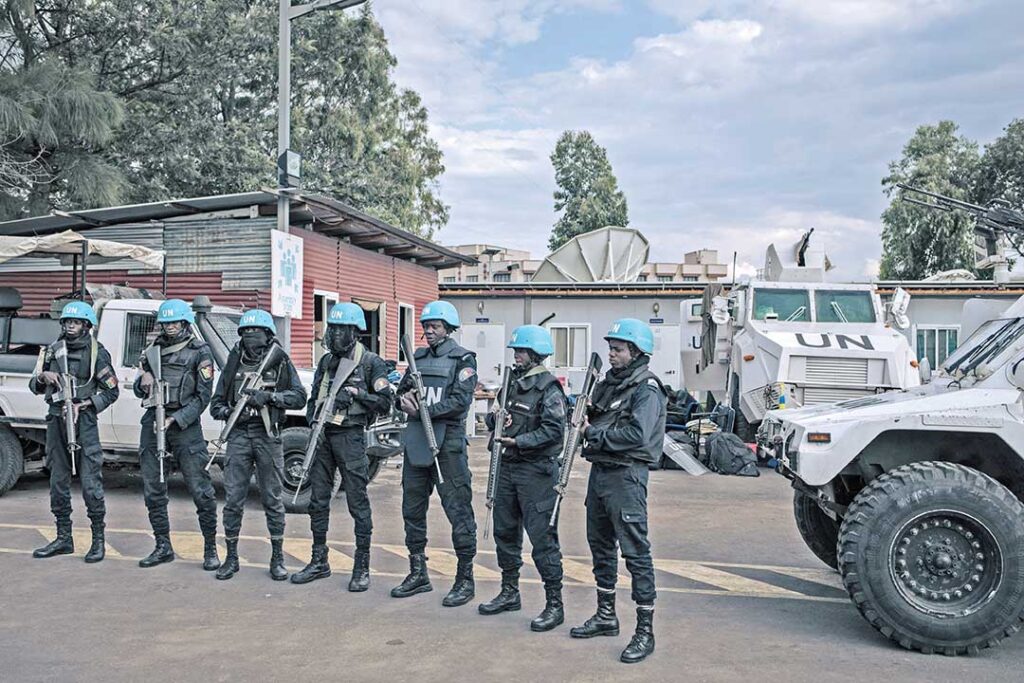DEFENCEWEB
A peacekeeping study shows that in 2022, there were more multilateral peace operations conducted than in any year during the previous decade.
The report also says that the Russian mercenary Wagner Group has become “a major source of difficulty” because of its ties to the Russian government and its “implication in human rights abuse.”
The study, compiled by the Stockholm International Peace Research Institute, was released in June 2023. As in previous years, the United Nations led the largest number of multilateral peace operations with 20, including special political missions. Regional organizations and alliances conducted an additional 38 operations, with ad hoc coalitions of states conducting six more.
Of the 64 operations, 24 were in Sub-Saharan Africa, 18 in Europe, 14 in the Middle East and North Africa, five in Asia, and three in the Americas.
The number of international personnel deployed to multilateral peace operations around the world increased by just less than 3% in 2022, reaching 114,984 by the end of the year. The biggest year-over-year changes in personnel numbers were an increase of 3,771 in Sub-Saharan Africa and a decrease of 541 in Europe.
Peacekeepers launched new operations in the Democratic Republic of Congo (DRC), Ethiopia, Guinea-Bissau, Kazakhstan and Somalia. The Somali operation essentially was a reconfiguration of an existing operation with a new name and mandate.
The report noted the Stabilisation Support Mission in Guinea-Bissau, which was established by the Economic Community of West African States in February 2022 after a coup attempt, and the East African Community Regional Force to DRC, established in June.
The report also references the African Union Monitoring, Verification and Compliance Mission in Mekelle, in Ethiopia’s Tigray region.
The report is critical of Russia’s Wagner Group mercenaries. In 2022, Wagner was operating in the Central African Republic (CAR) and Mali, where U.N. peacekeeping operations also were deployed. Russia has objected to the wording for the U.N. Multidimensional Integrated Stabilisation Mission in the CAR.
“Russia resisted the inclusion of language condemning ‘the use of mercenaries and violations of international humanitarian law and human rights abuses perpetrated by them’ — an implicit, but clear, reference to the Wagner Group,” one of the report’s researchers said.

